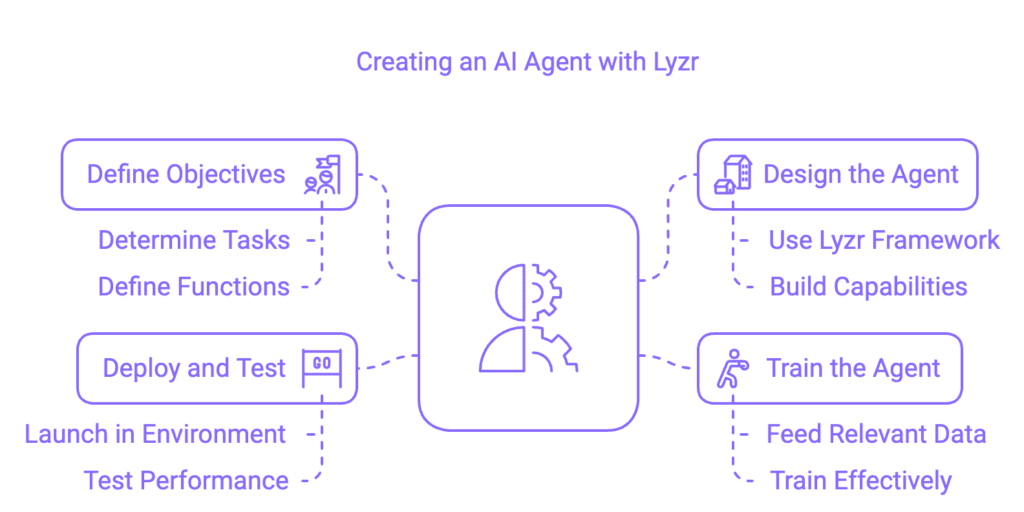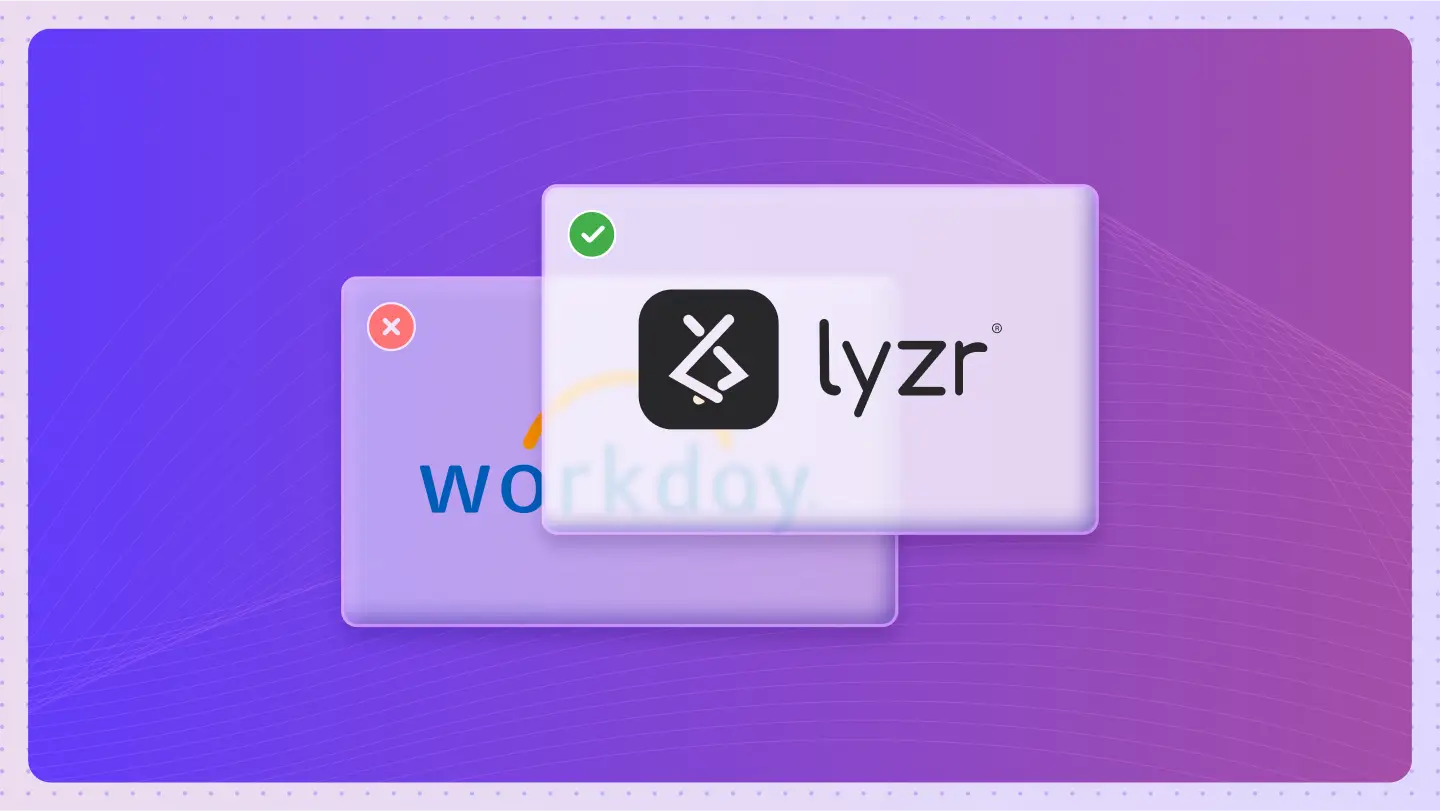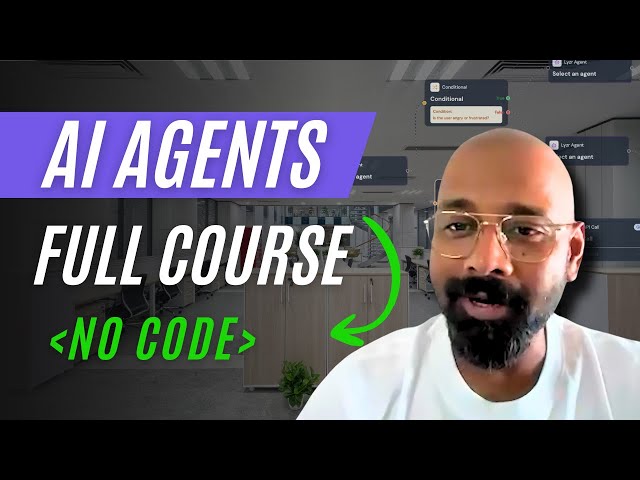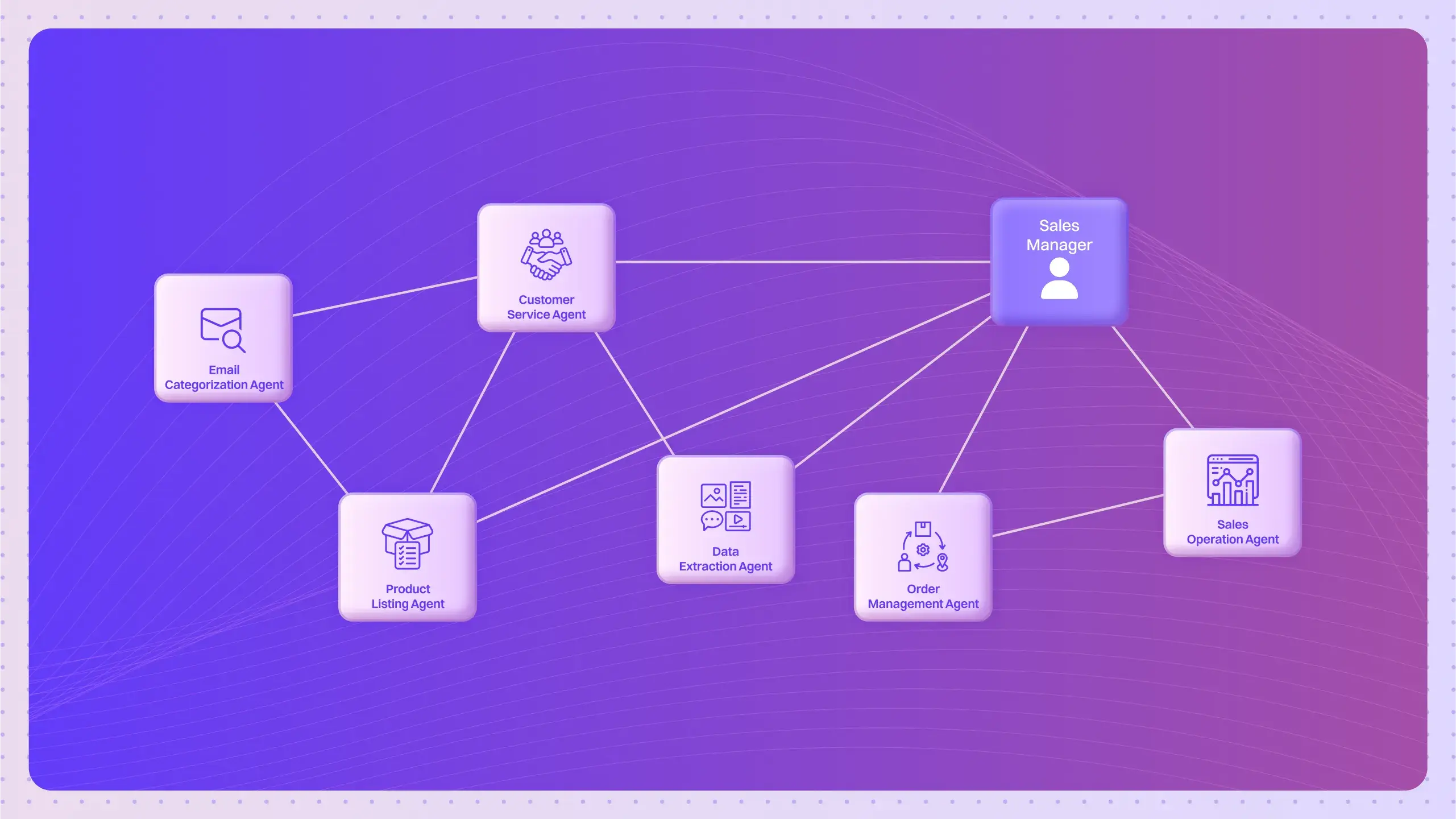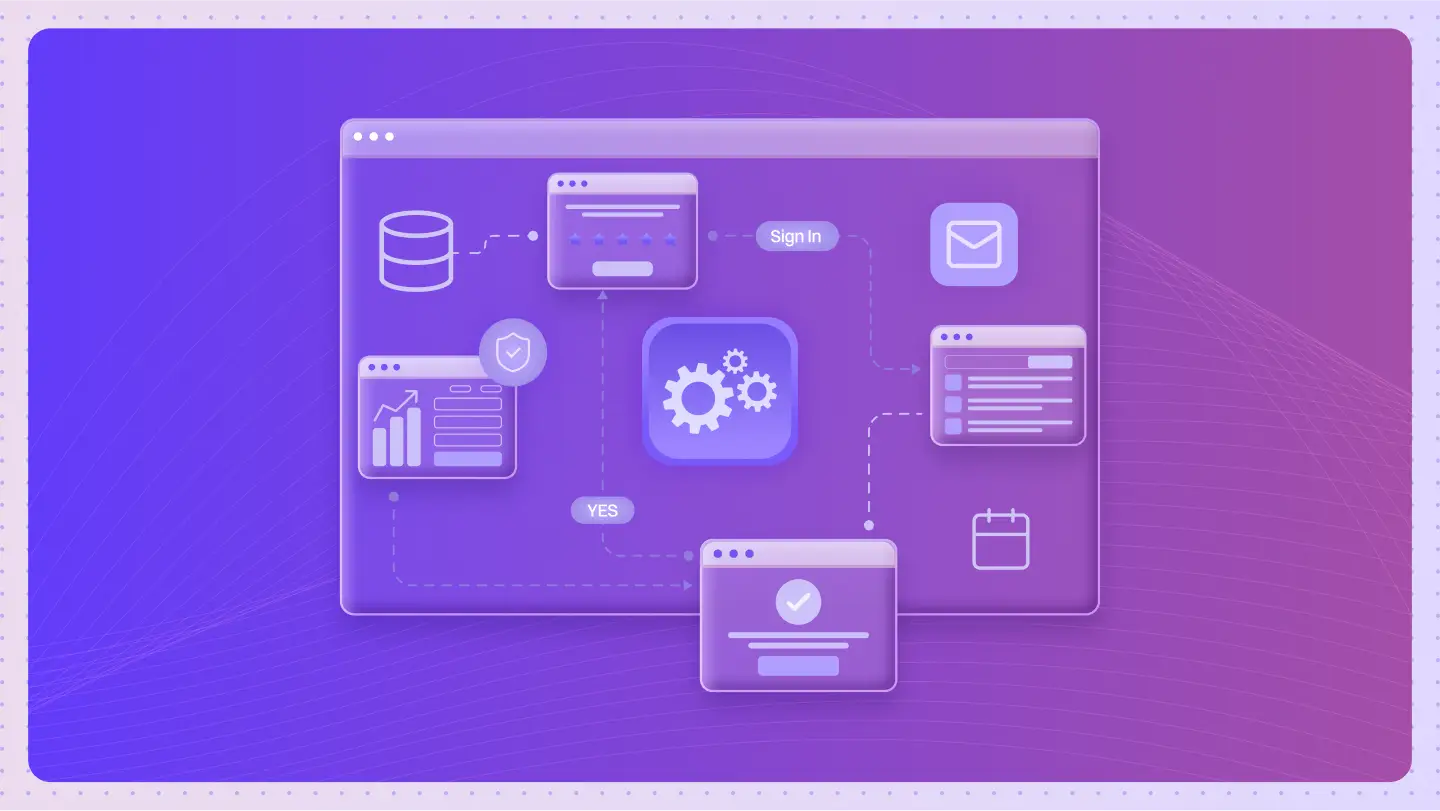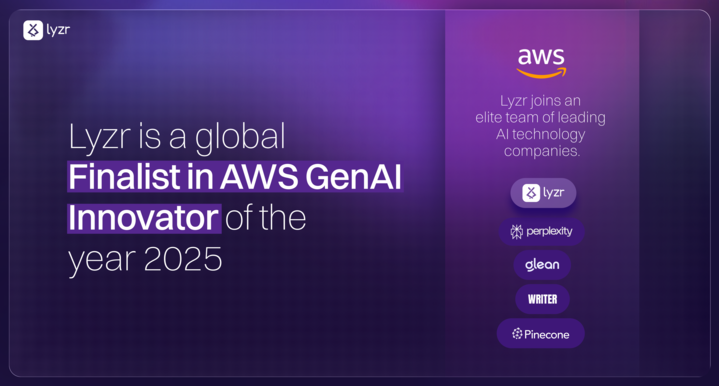What is an AI Agent?
An AI agent is a software application powered by artificial intelligence designed to perform tasks or make decisions.
These agents interact with users through various interfaces such as text or voice and can analyze data to adapt their responses or actions.
Examples include virtual assistants like Siri and Alexa, which perform tasks ranging from setting reminders to answering questions.
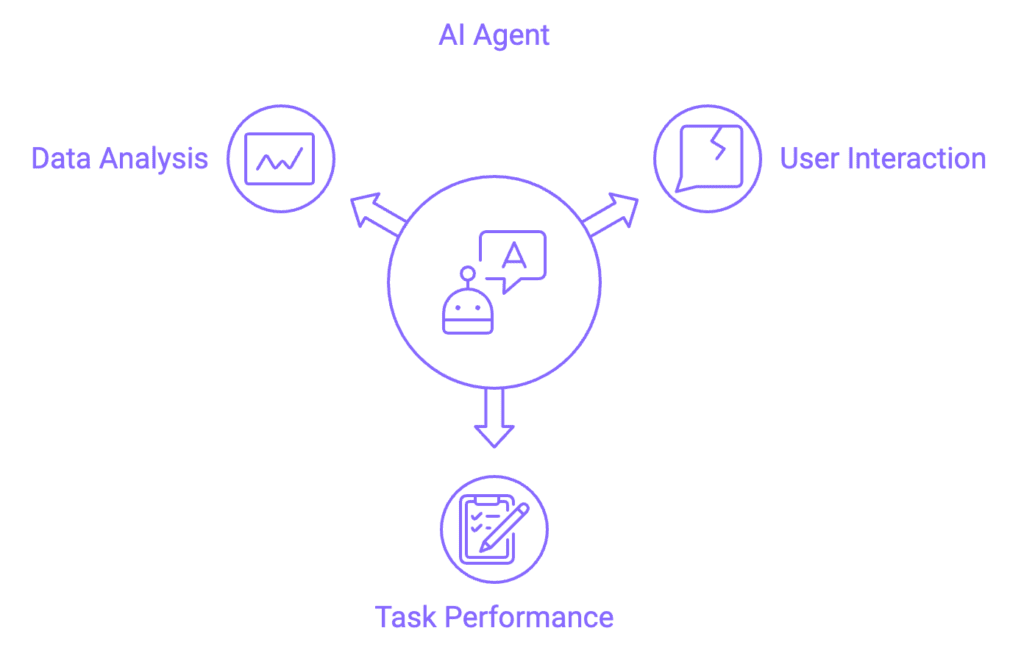
How do AI Agents work?
AI agents operate through a sequence of steps.
First, they receive data inputs from users or their environment, such as text commands or voice queries.
This data is then processed using algorithms and machine learning models to analyze the input and determine the appropriate response or action.
Finally, the agent performs the action or provides a response based on the analysis.
Over time, AI agents use machine learning to refine their performance and adapt to new situations.
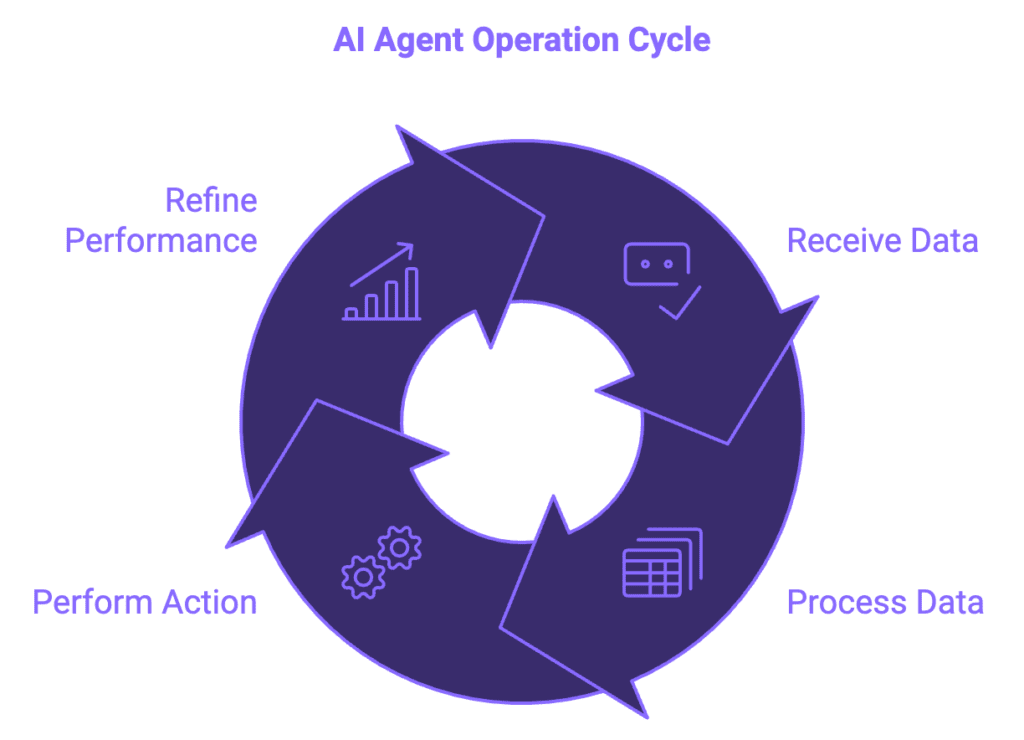
What are the 7 types of AI agents?
- Reactive Agents – Simple agents that respond to specific stimuli without internal memory.
- Limited Memory Agents – Can use past experiences to inform their decisions.
- Theory of Mind Agents – Understand and interpret human emotions and beliefs.
- Self-aware Agents – Have a sense of self and can understand their own states and capabilities.
- Autonomous Agents – Operate independently to perform tasks and make decisions.
- Collaborative Agents – Work together with other agents to achieve a common goal.
- Adaptive Agents – Modify their behavior based on environmental changes and experiences.
What are the key components of AI Agents?
AI agents consist of several key components:
- Sensors: Used to collect data from the environment, such as user inputs or environmental changes.
- Actuators: Perform actions or provide outputs based on the agent’s decisions, such as sending a response or executing a command.
- Processing Unit: Where data analysis and decision-making occur.
- Learning Mechanism: Allows the agent to improve its performance over time by learning from new data and experiences.
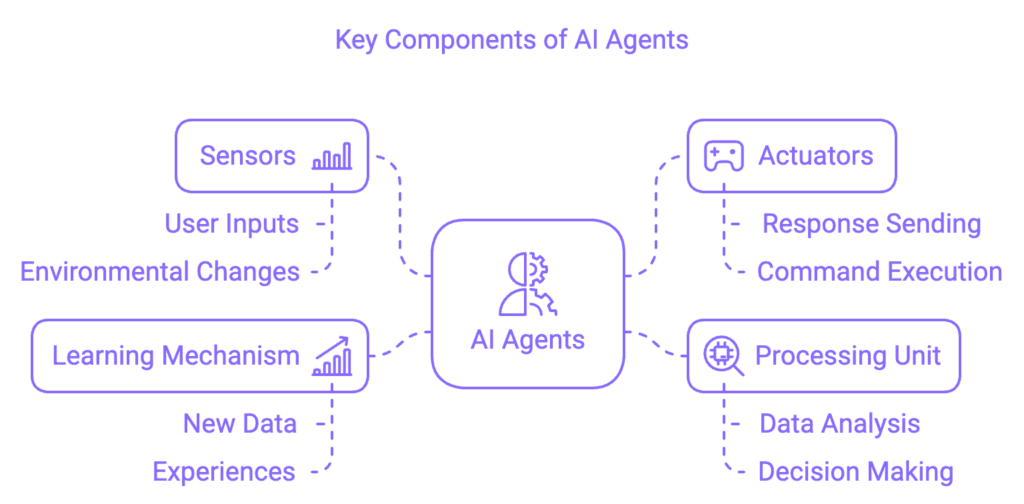
What is the workflow of an AI agent?
- Input Processing – Receives and processes input from users or systems.
- Data Analysis – Analyzes the input data based on its programming and training.
- Decision Making – Determines the appropriate response or action.
- Output Generation – Delivers the response or performs the action.
- Learning and Adaptation – Continuously learns from interactions to improve performance.

What are common applications of AI Agents?
AI agents are employed across various domains:
- Customer Support: Automating responses and resolving issues efficiently.
- Healthcare: Including diagnostic assistance and patient management.
- Financial Services: Using AI agents for fraud detection and portfolio management.
- Personal Assistants – Scheduling, reminders, and managing tasks.
- Data Analysis – Analyzing large datasets and generating insights.
- Sales and Marketing – Automating outreach, generating leads, and personalizing content.
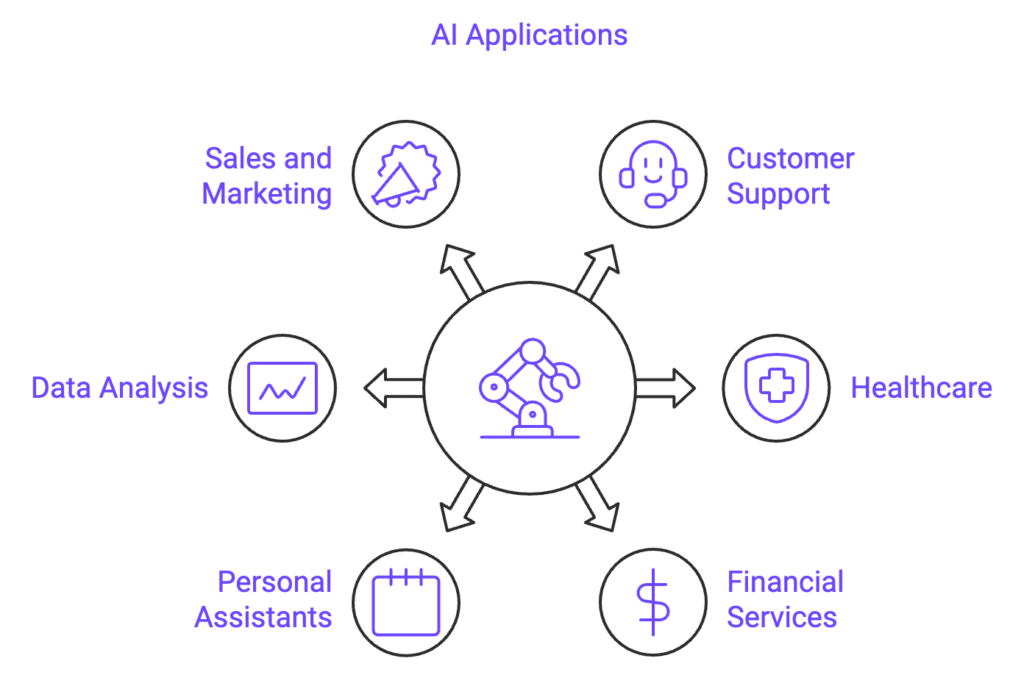
Is ChatGPT an AI Agent?
Yes, ChatGPT is an AI agent. It uses natural language processing to interact with users in a conversational manner. Like other AI agents, it can handle various tasks based on its training data and programmed capabilities.
What are the benefits of using AI Agents?
Utilizing AI agents offers numerous benefits:
- Enhanced Efficiency: Handling repetitive tasks swiftly.
- 24/7 Operation: They work without breaks.
- Cost Savings: Reducing the need for human labor.
- Scalability: Adapting easily to increased demand.
- Automation – Reduce manual effort by automating routine tasks.
- Personalization – Offer tailored experiences based on user data and interactions.
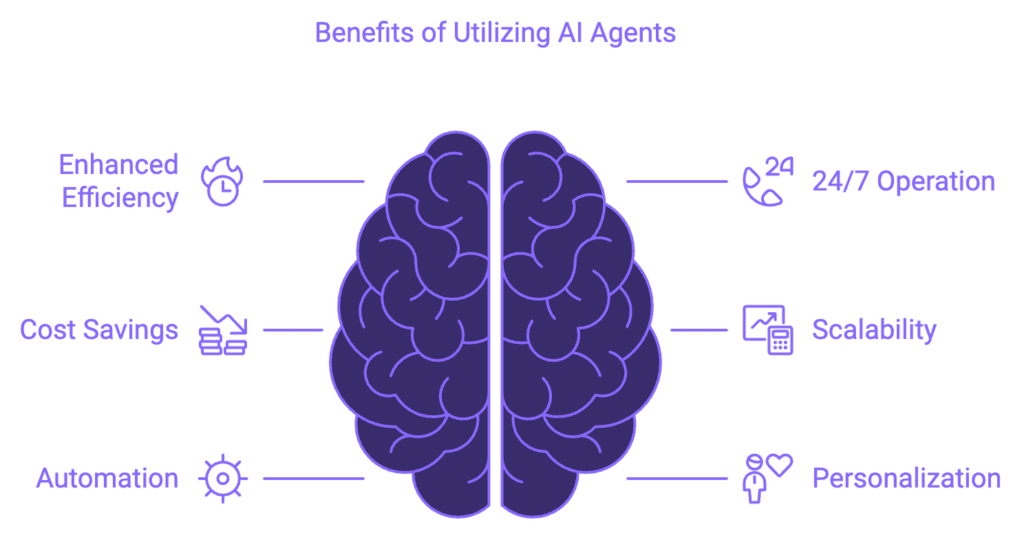
What are the challenges of implementing AI Agents?
Despite their advantages, AI agents present several challenges:
- Data Privacy: Ensuring sensitive information is protected.
- Bias: Addressing and avoiding discriminatory practices.
- System Integration: Can be complex.
- User Trust: Building confidence in automated decisions.
Give 10 examples of an AI agent
- Siri – Apple’s virtual assistant for iOS devices.
- Alexa – Amazon’s voice assistant for smart home devices.
- Google Assistant – Google’s AI assistant for Android devices.
- Watson – IBM’s AI platform for business applications.
- Cortana – Microsoft’s AI assistant for Windows devices.
- Jazon – An AI SDR that handles sales outreach and meeting scheduling.
- Skott – An AI marketer that generates and manages content.
- Diane – An AI HR agent for managing human resources tasks.
- Replika – An AI chatbot designed for personalized conversations.
- Mitsuku – An award-winning AI chatbot known for its conversational abilities.
How do AI Agents learn?
AI agents learn through various methods:
- Supervised Learning: Training on labeled data with known outcomes to improve accuracy.
- Unsupervised Learning: Identifying patterns in unlabeled data without predefined outcomes.
- Reinforcement Learning: Learning through trial and error, receiving feedback to enhance performance over time.
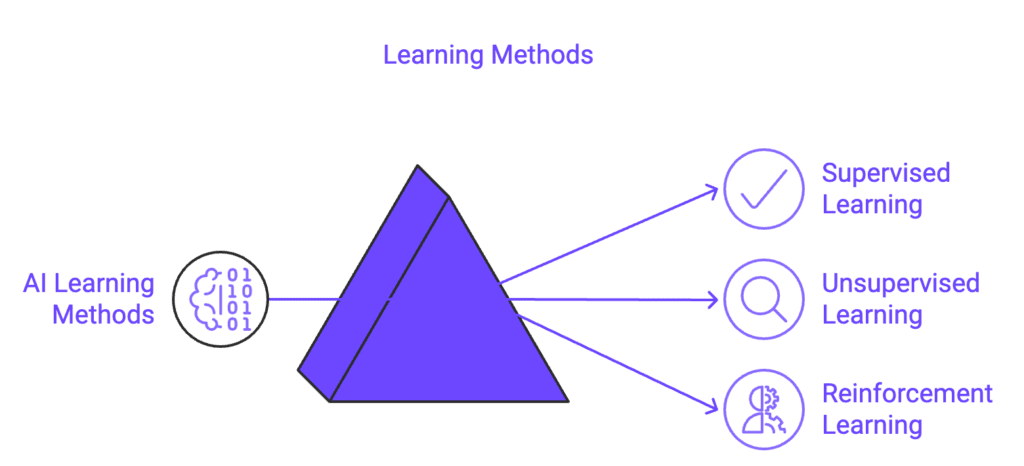
What are the key components of AI agent architecture?
- Input Processing – Mechanisms for receiving and interpreting data.
- Data Storage – Systems for storing information and training data.
- Decision Engine – Algorithms and models for making decisions and generating responses.
- Output Generation – Interfaces for delivering responses or performing actions.
- Learning Mechanism – Components for adapting and improving performance over time.
What is the difference between an AI agent and an AI chatbot?
| Feature | AI Agent | AI Chatbot |
| Functionality | Can perform a range of tasks, including data analysis, automation, and decision-making. | Primarily focuses on conversational interactions and answering predefined questions. |
| Complexity | More complex, often integrating with multiple systems and handling various types of tasks. | Simpler, generally handling specific queries or interactions. |
| Learning Capability | Typically has advanced learning capabilities, adapting and improving over time. | Often limited to scripted responses and less adaptable. |
| Applications | Used in diverse areas like customer service, personal assistants, and data analysis. | Mostly used for customer support and simple query handling. |
What is the future of AI Agents?
The future of AI agents looks promising:
- Advanced Learning Algorithms: Enhancing decision-making capabilities.
- Greater Integration: Improving utility and ease of use across various systems and platforms.
- Increased Personalization: Providing more tailored responses and actions based on user data.
How do AI Agents impact the customer experience?
AI agents significantly enhance customer experience:
- Personalized Interactions: Offering tailored recommendations.
- Rapid Responses: Ensuring consistent service quality.
- Efficient Query Handling: Leading to improved customer satisfaction.
How to choose the right AI Agent for your business?
Selecting the right AI agent involves considering:
- Functionality: Match the agent’s capabilities with your business needs.
- Compatibility: Ensure integration with existing tools and systems.
- Cost and ROI: Evaluate expenditure against potential return on investment.
- Scalability: Consider future growth and changing needs.
What is the best tool to build AI agents?
Lyzr is a leading tool for building AI agents. It provides a robust framework for creating custom AI agents tailored to specific needs.
With features like scalability, flexibility, and easy integration, Lyzr supports both pre-built and custom AI agent development.
How to create an AI agent with Lyzr?
- Define Objectives – Determine the specific tasks and functions your AI agent should perform.
- Design the Agent – Use Lyzr’s framework to build the agent’s architecture and capabilities.
- Train the Agent – Feed the agent with relevant data and train it to handle its tasks effectively.
- Deploy and Test – Launch the agent in your environment and test its performance to ensure it meets your needs.
